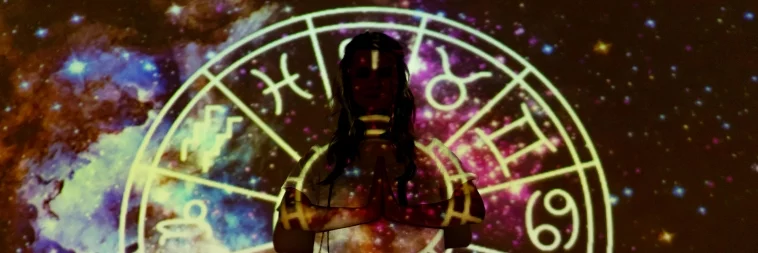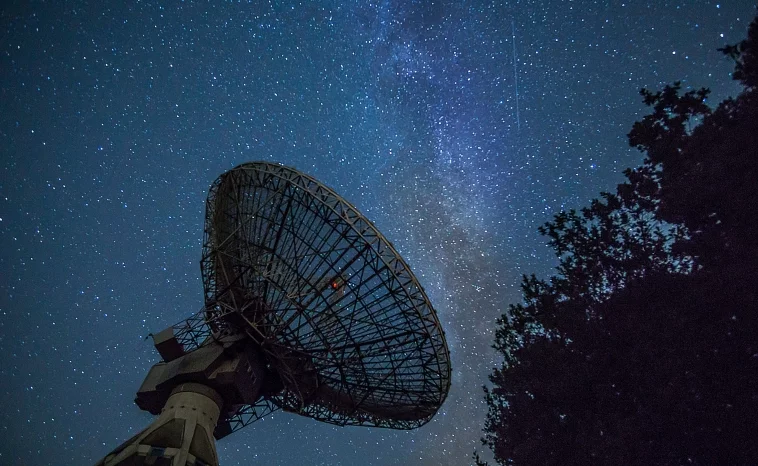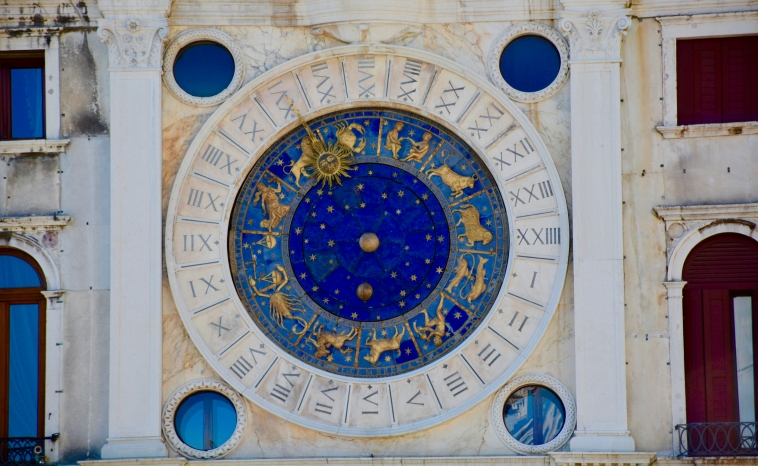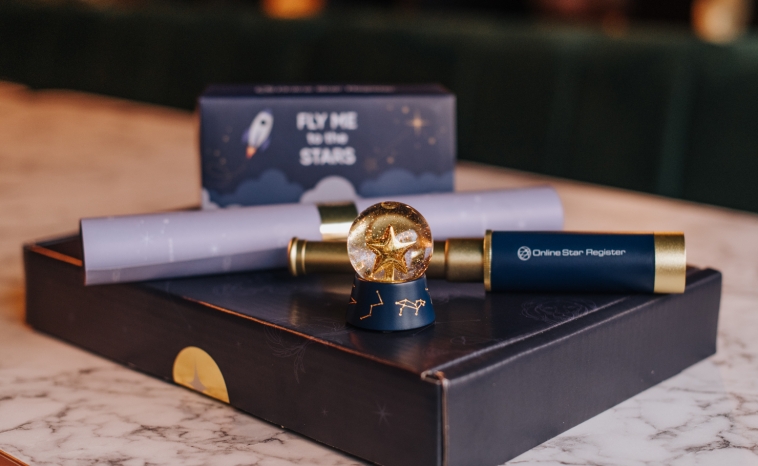Astronomy Vs Astrology: What’s the Difference?

Dive into the intriguing world of astronomy vs astrology. Learn how these disciplines differ and what they reveal about the cosmos and human experience.
Is it the sparkling night sky that captures your imagination? Or perhaps it’s the predictions of your daily horoscope that intrigues you? For centuries, humans have been enchanted by the stars, leading to the evolution of two fascinating but very different fields. But when it comes to astronomy vs astrology, what exactly is the difference?
In this blog post, we’ll explore the intricate interplay between these two realms. We’ll share insights into their histories, explore their core principles, and discover how they both continue to shape our lives today.
A Brief History of Astronomy vs Astrology
Despite their modern differences, astronomy and astrology were once basically indistinguishable. Ancient civilisations like the Babylonians, Egyptians, and Greeks keenly observed the heavens. But they didn’t just do this to track celestial events – they were also attempting to divine future occurrences here on Earth. Key figures like Ptolemy and Copernicus made huge contributions to both fields, further blurring the lines between science and mysticism.
During the Renaissance, however, there was a significant shift. Astronomy began to establish itself as a science, focusing on empirical evidence and observations. And while astrology lost its scientific standing, it continued to flourish as a form of divination. Importantly, this divergence set the stage for the distinct paths each field would follow.
Understanding Astronomy

Astronomy is the scientific study of celestial bodies – and it’s come a long way since the early days of stargazing! Today, it involves sophisticated tools like telescopes, satellites, and space probes that help us explore the universe. Astronomers study everything from planets and stars to galaxies and black holes.
One of the most fascinating aspects of astronomy is its contribution to our understanding of the universe. Through the study of celestial phenomena, we learn about the origins of the cosmos, the potential for life beyond Earth, and the fundamental laws of physics that govern everything.
In our rapidly evolving world, the importance of astronomy cannot be overstated. Aside from enhancing our comprehension of the cosmos, it also has practical applications that affect our daily lives. For instance, advancements in astronomy have led to significant developments in technology, such as satellite systems that are critical for telecommunications, weather forecasting, and global positioning.
The Basics of Astrology

Now, let’s talk about astrology! This is the art of interpreting the positions and movements of celestial bodies to gain insights into human affairs and natural phenomena. It operates on the principle that there is a meaningful connection between the cosmos and life on Earth.
Astrologers use birth charts, which map the positions of the sun, moon, and planets at the time of one’s birth, to provide personalised horoscopes. Followers of astrology believe these charts reveal personality traits, life challenges, and potential opportunities.
Astrology’s history is as ancient as astronomy’s. The Babylonians are credited with its earliest developments, which were then refined by the Greeks and Romans. In medieval Europe, astrology was a respected scholarly pursuit. However, with the advent of the scientific method, astrology’s credibility waned in the eyes of the scientific community.
Despite its mystical nature, astrology has managed to maintain a significant following. Many people turn to their daily horoscope for guidance, comfort, and a sense of connection to the larger universe. So, whether you believe in its predictive power or view it as a fun diversion from everyday life, astrology’s impact on culture and society is undeniable.
Bridging the Gap
While astronomy and astrology have diverged significantly, there are still areas of overlap and common ground. Both fields involve the study of celestial bodies, and both have roots in ancient practices of stargazing and divination.
The debate over their compatibility is ongoing. Astronomers often view astrology as a pseudoscience, lacking empirical evidence. Astrologers, however, argue that their practice is a symbolic language that offers psychological and spiritual insights.
Scientific evidence largely supports astronomy’s claims, given its reliance on observable and measurable phenomena. But while astrology might not be scientifically validated, it continues to resonate with those who seek meaningful connections with the stars.
Modern Perspectives on Astronomy Vs Astrology
Today, both astronomers and astrologers offer incredible insights into their respective fields. Renowned astronomers like Neil deGrasse Tyson and Brian Cox emphasise the importance of scientific inquiry and the wonders of the universe. Their work continues to inspire curiosity and a deeper appreciation for the cosmos.
At the same time, contemporary astrologers like Susan Miller and Chani Nicholas highlight astrology’s relevance in modern life. They use social media and online platforms to reach a global audience, offering horoscope readings, astrological workshops, and personal insights.
Final Thoughts on Astronomy Vs Astrology

Despite their increasingly divergent paths, the shared history of both astronomy and astrology reveals a shared fascination with the stars. Both fields offer valuable perspectives, whether through the scientific lens of astronomy or astrology’s mystical insights.
But whether it’s astronomy or astrology that captivates you, why not enhance your exploration with the OSR’s Super Star Gift? With a fascinating selection of items, including a personalised star map poster, a sparkling star globe, and our special branded telescope, this exclusive offering provides a unique and engaging way to connect with the cosmos. So, embrace your curiosity, discover the magic of the stars, and begin your journey into the universe today with our Super Star Gift!

